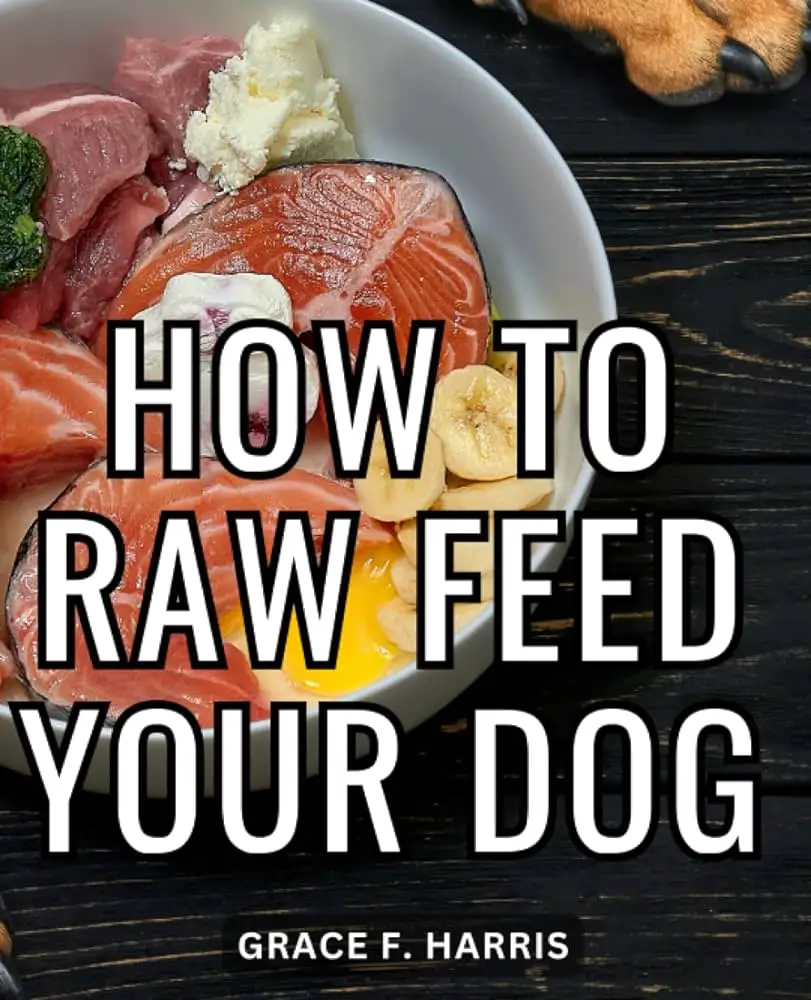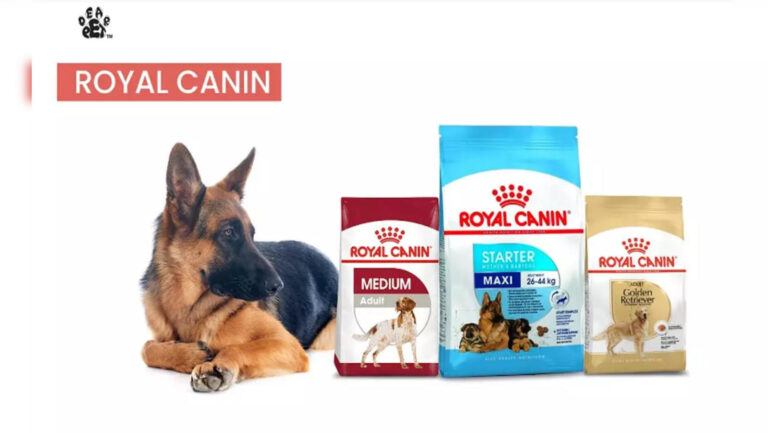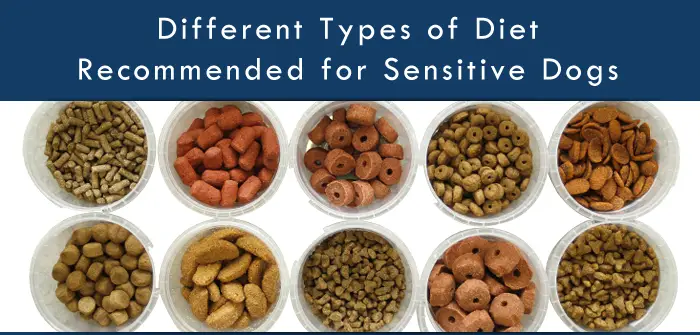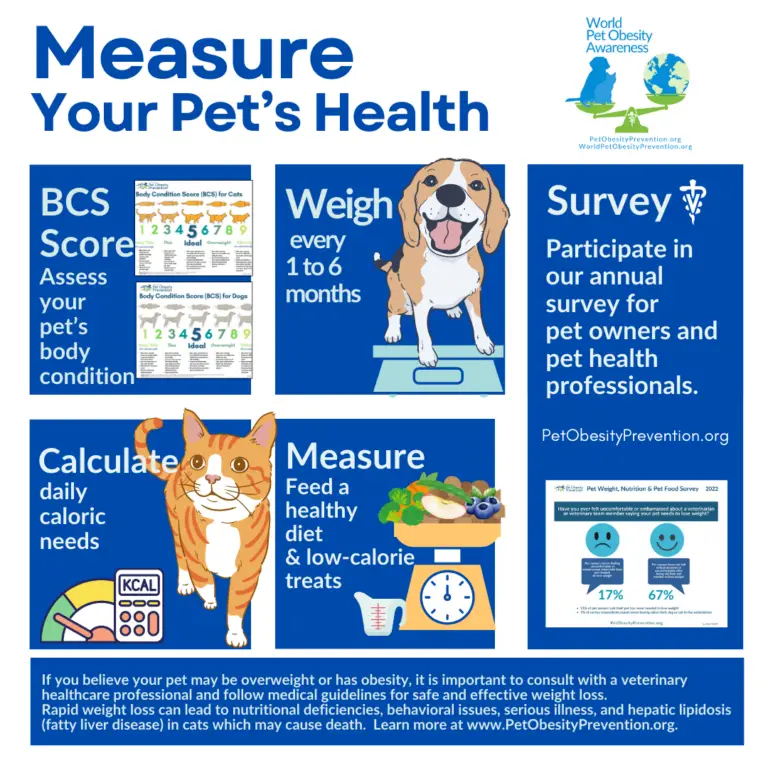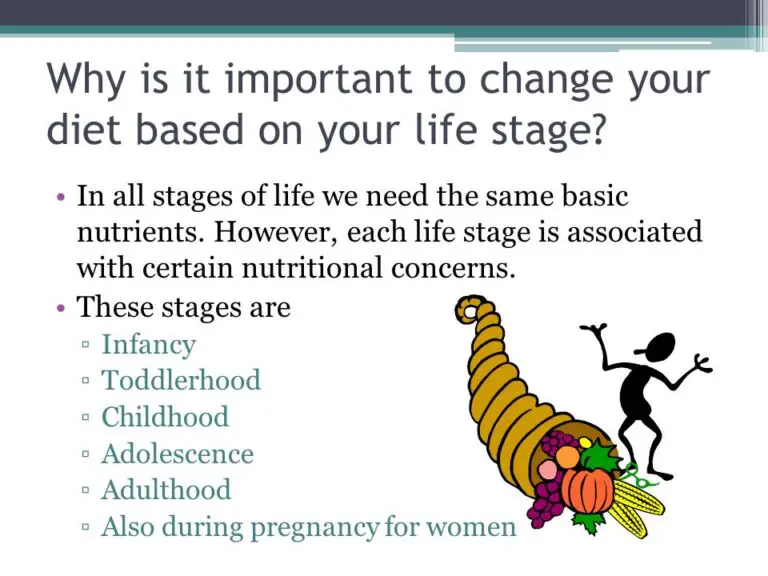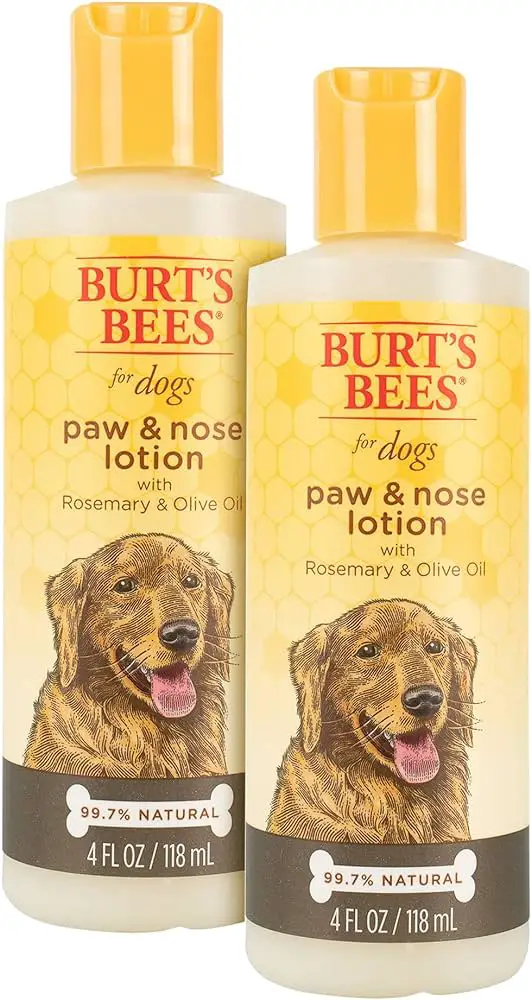Understand Your Furry Companion’s Nutritional Journey: A Guide for Pet Parents
Ensuring that our beloved pets receive the right nutrition is at the core of their well-being. However, the needs of our furry friends are not static, they evolve significantly over the course of their lives. This is an aspect of pet care that often requires closer attention, understanding, and sometimes, adjustments that mirror our own life stages.
Just like humans, animals require different kinds and amounts of nutrients to support their growth, maintain health, and thrive at every life stage from infancy through adulthood and into their golden years. In this comprehensive guide tailored for pet parents and animal enthusiasts, we will traverse the full nutritional spectrum – the nutritional needs that underpin each of an animal’s life stages.

Early Life Stages: Nutrients and Feeding Guidelines for Growth and Development
The early life of a pet, be it a puppy or a kitten, is a period of incredibly rapid growth and development. Every part of their tiny bodies is growing and changing, and it’s critical to support this process. For young animals, protein is the star nutrient as it plays a crucial role in the development of muscles, tissues, and enzymes. The first year of a pet’s life is all about quality protein sources that serve as the building blocks for a strong foundation.
Calcium and phosphorus are indispensable in this phase for the formation of sturdy bones and teeth. They must be carefully balanced in the diet. An imbalance could lead to developmental orthopedic diseases, like hip dysplasia in dogs, which can have long-term effects on the animal’s well-being.
The feeding frequency is also significant in the early stages. Puppies and kittens require more frequent feeding than adult animals to meet the high energy demands and to avoid overtaxing their still-maturing digestive systems. It’s generally recommended to feed puppies three to four times a day and kittens four to six times a day, depending on age.
Pet parents should pay close attention to the pet food labels to ensure it’s tailored for growth, remembering to resist the urge to give too many treats that can displace essential nutrients and lead to obesity.
Adult Life Stages: Maintaining Ideal Weight and Health
As pets transition into adulthood, their nutritional needs shift. The focus now is on maintaining ideal body condition, which involves getting the calorie and nutrient balance right. Too many calories can lead to obesity, a prevalent issue in adult pets that can lead to a range of health concerns, including diabetes, arthritis, and cardiovascular problems.
Adult pets still require a good dose of protein, but the emphasis now is also on high-quality sources and amino acids that support overall health. They need a balance of fats and carbohydrates for energy and the proper functioning of their systems.
Choose pet foods that are specific to this life stage and that support a healthy weight. Weight monitoring and regular exercise are also crucial. Remember, treats should be occasional and should not compromise their staple diet.
Senior Life Stages: Navigating Nutritional Challenges in Aging Pets
Seniors have unique dietary needs due to decreased metabolic rates, changes in digestion, and typical age-related health concerns. Lower calorie, higher fiber formulas can help prevent obesity without sacrificing essential nutrients.
Older pets may also require adjustments in protein levels to support muscle health while also reducing the workload on their kidneys and liver. Joint supplements like glucosamine and omega-3 fatty acids can support mobility and vitality. Always consult with a vet for tailored advice, especially if your pet has specific health issues.
Feeding frequency may need to be adjusted again, and softer or more easily digestible foods might be in order, especially for toothless or mouth-sensitive companions.
Special Dietary Needs: Customizing Nutrition for Health Conditions and Lifestyle
Some pets may require specially formulated diets to manage health conditions like allergies, diabetes, urinary tract issues, or heart disease. These specialized diets often manipulate the levels of certain nutrients to support treatment and overall health.
Lifestyle can also dictate specific dietary needs. Performance and working animals might need more protein and higher calorie diets, while inactive pets might require fewer calories to avoid weight gain.
In any special case, it’s essential to work closely with a veterinarian to ensure that the custom diet meets all your pet’s nutritional needs without exacerbating the existing condition.
Conclusion
Understanding and catering to an animal’s varied nutritional needs across life stages is not only a sign of good pet parenting but an investment in their long-term quality of life. Being proactive and knowledgeable about these changing dietary requirements allows you to make well-informed decisions that can help your pet live a longer, healthier, and happier life.
Remember to always consider not just the age, but also the breed, size, activity level, and health status of your pet when choosing their diet. Regular check-ups and open communication with your veterinarian can provide vital insight and guidance.
By keeping this guide in your pet care toolkit, you’re well on your way to being a steward of your pet’s nutritional well-being throughout their entire life. Happy feeding, and here’s to the many beautiful, nourished years ahead for your furry companions.

